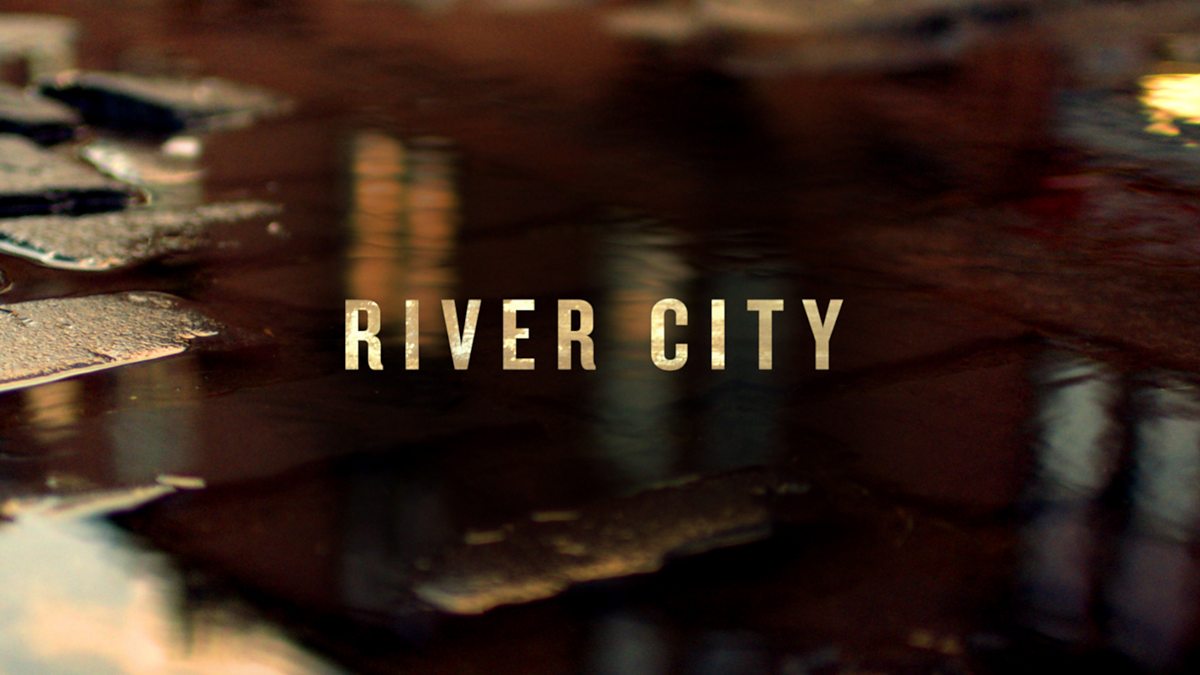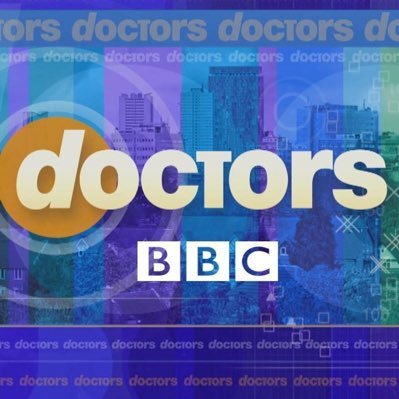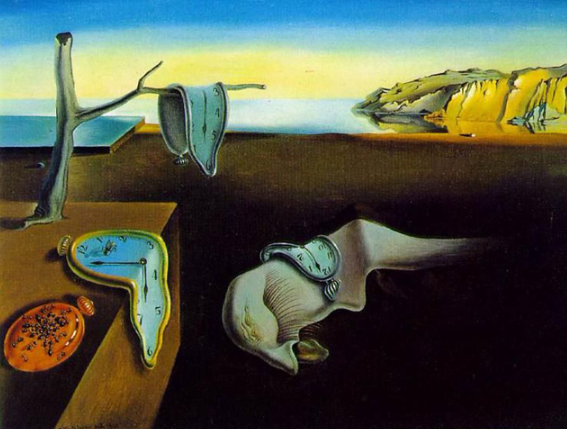In what's become an annual tradition, I recount the highs and lows of my screenwriting efforts in the last year. A special year indeed: 2021 was my first year as an agented writer, thanks to the great Andy Townsend. It marked my first steps into broadcast drama and was the first time, in nearly a year, that I was able to start working outside again, as is my preference. The COVID pandemic had been, and still is, profoundly surreal, and trying to get back into 'the swing' after such a seismic shift in culture and society has been tricky.

Has it been a better year than 2020? A firm YES - vaccinated, got talking to industry folk again and my productivity was up a good 100% compared to said prior. Was it a good year, for me? Did I achieve my own goals and did I grow as a writer? That is much more complicated to answer.
Jan-Mar (Winter):
At first, the year started relatively quiet and slow - with my vaccine eligibility still months off, I was endeavouring to power through my action drama pilot, best as I could. I had been tinkering away on it since last autumn, believing it was a great new challenge, as well as showcasing my ability to write setpieces and something with a faster pace. Writing from home, given I live in a flat with others, was incredibly difficult: always distractions.
On the flip side, however, I progressed through the BBC New Voices scheme from last year. Now I got to do a Writer's room for series 2 of Jojo & Gran Gran (a Cbeebies megahit). Working with the producers and script editors of the series to conjure up stories and learn the particular flavour of the show was indeed a lot of fun. I even got to make the acquaintance of its lovely creator, Laura Henry-Allain.
Apr-Jun (Spring):
Now this period ended very differently to how it started: work slogged on with the action pilot, but that lack of 'space' was possibly the worst it ever was. Work that should've been a few hours took days, if not weeks, to turn around. No matter how bad I wanted it, it was hard to muster up the energy. Add to that, a family health scare, and it was rough.
There appeared to be two bright spots amidst all this. Two things that could turn it around: first was my agent liked an old crime spec I had on the backburner, which needed some punch ups. The other was a new disability initiative on one of the continuing dramas, which itself was partially following through an earlier script submission I had made to the production team, which they had liked. If I could land these, the blockage would finally clear and I'd be back, right into the heart of the action. A new submission in a lucrative genre, and a shot on a beloved show.
And it all went wrong.

The timing of the scheme conflicted with rewrites, and due to a misguided sense of hope, mixed with a few drops of arrogance, I decided to put the crime pilot aside again. In the moment, it seemed like the right choice: the pilot was revealing deeper layers of problems, and the circumstances around the scheme, I thought, meant I was a shoe-in. I also, for reasons that make even less sense, decided to go full charge with the action pilot, thinking it was near finished (forgetting my own rules on having a varied slate). A few things happened regarding said scheme, which I cannot put up for public knowledge at this time, that meant it was not to be, and for reasons which I still have questions over.
At this point, I was feeling miserable. I had taken a gamble and it completely blew up in my face. Thankfully, it wasn't all gloom: I had kept in touch with a script editor-turned-producer from Doctors, who I sent over a script to. My own manners and diligence had, at least, granted me this much needed lifeline.
Jul-Sept (Summer):
And here begins my Doctors journey. The script was liked, passed onto another script editor, Mary Flannigan, and ta-da, I was on the Writer's scheme. I've got posts planned to detail the process further, but over the coming months, I would pitch, draft and rewrite a trial script for the show under Mary's guidance. After what had happened with the 'other' show, this was such a boost and I loved the experience.

Plus, with my first shot in, I could start to think about getting outside again. I went, for the first time in my life, office hunting. It's a minefield, to put it lightly. Eventually, however, I found just the place and began to work from there.
As for the action pilot... I had begun to reversion it, trying to solve a problem around the protagonists that emerged in notes. What started out as something closer to Donnie Brasco was starting to drift into more of a mother-son story with this element of homegrown fascism. It wasn't a bad approach, and I thought it would add a lot of intensity and action to the project. However, what I should've realized, as the drafts and brainstorms worn on, was that I had screwed up. Not here, but back to the project's origins. I hadn't done my due diligence and was building on weak foundations, with a script that ended up more mimicking other shows than being its own thing.
How had this happened: anxieties. I was worried about getting work and chasing shows I liked, that I wasn't paying attention to the right things. A writer must endeavor to maintain a clear and cool head in tough times, otherwise this can happen.
Oct-Dec (Winter again):
The action pilot, not unlike a plane featured in it, finally crashed here. A last ditch effort to rescue the project by doing more a Shakespearean family tragedy, trying to add dimension to the lead, was a no-go. I felt awful: months of work and after all that, nothing to show for it. In two years, no new spec.
Doctors, thankfully, rode to the rescue again: I completed the scheme and secured the big prize: getting to write my first broadcast TV drama script. As of writing this, still on the treatment stage, but considering how fast the scheme went by, and what had happened earlier in the year, it was nothing short of a miracle. In addition, ITV called out yet again, with me landing on the 2021 Original Voices scheme, this time for Emmerdale. After a fun zoom workshop, I got to draft half an episode of a hypothetical episode. In that same week, I attended the launch of Underlying Health Condition, and did some pitches for a major northern production company, so hey, the year ends on a bang!
Returning to the above question, did I accomplish everything I wanted? No. The saying 'one step forward and two steps back' is an apt summary of 2021: I am grateful for the success I did have. Breaking the continuing drama deadlock is a huge win, whatever else can be said. But where I failed, indisputably, was in craft: I did not grow as much as I had wanted to, and in turn, hurt my slate. I forgot basic principles and charged into situations with the wrong mindset. Never put your eggs on one basket, always spread yourself out and never take anything for granted.
If I want 2022 to really hit the heights, changes will have to be implemented and certain tenets revisited. Discipline needs to be re-instilled: I fought hard to get here, and I'm not backing down.































